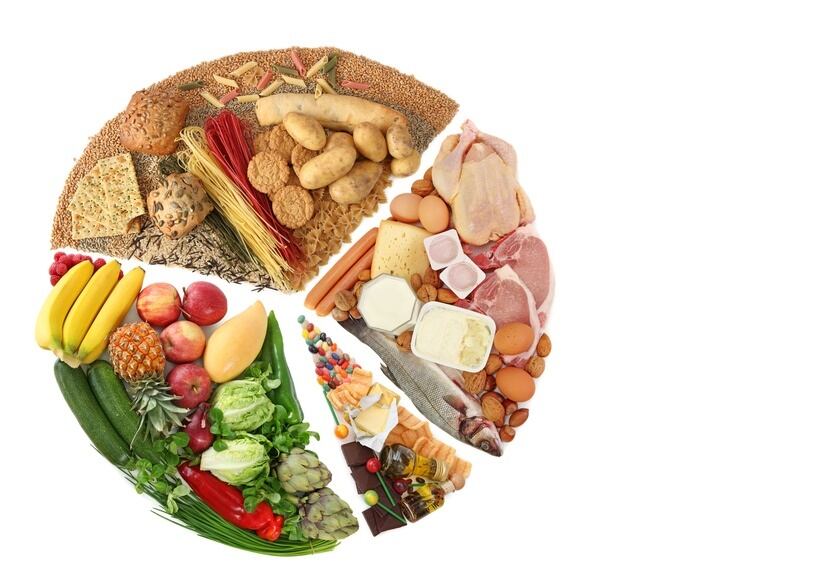Researchers, nutritionists and other health professionals came together to discuss Chrono-nutrition: circadian clocks, mealtimes and metabolic disorders at the Royal Society of Medicine, in London, earlier this month (November 12th).
Dr Alexandra Johnstone, personal chair at the Rowett Insititue at the University of Aberdeen, asked whether every calorie should be treated the same, pointing out that there is much more to losing weight than simply reducing calorie intake. She argued that research has shown that often people need to reverse their daily calorie intake in order to lose weight.
“UK dietary advice for weight management is based on the long held assumption that a calorie is a calorie and meal timing is inconsequential.”
But she pointed out that studies have linked skipping breakfast with a 55% higher risk of being overweight or obese and eating a high proportion of total daily calories in the morning has been linked with a lower BMI (Betts et al 2014). Yet in the UK, conversely, dinner typically provides 40% of daily calories.
Daily balance
Michelle Gibbs, dietitian and nutrition research consultant, pointed out that, due to work, school and social schedules, people usually can’t help but eat certain meals at certain times of the day but they can still ensure their daily intake of calories and food groups is better balanced throughout the day, which would mean each independent meal won’t look ‘balanced’.
“We are used to thinking about a balanced meal but that’s actually a misinterpretation of diet plans. As long as you get your nutrients throughout the day, they don’t have to be in every meal.
“People looking to lose weight shouldn’t be having more than 200g of carbohydrates throughout the day and when you start to divide up your meals and snacks, you realise how easy it is to go over that number.
“If you have two slices of toast for breakfast that’s 40g of carbs before you’ve even added the jam. Then if you have a sandwich for lunch that will be about 50g, then if you have a portion of potatoes in the evening, that’s another 40 or 50g. Then add into that any fruit, crisps, biscuits, and even the milk you add to your tea throughout the day, you can easily go over the 200g limit.
“I think one easy and effective thing to do would be to remove those high GI carbohydrates from the evening meals and just get your carbs at breakfast and at lunch.”
As well as carb re-assignment, Gibbs argues people looking to lose weight also need to re-assess when they consume their calories.
“We have a basal metabolic rate which will see us burn a certain number of calories throughout the day but we are far more active in the day, therefore are burning extra calories in the day. Therefore, it makes sense to consumer the majority of our daily allowance of calories during breakfast and lunch.
“So the evening meal needs to be smaller and lower in carbs – ideally fish or chicken with salad or veg in the evening.”
Dr Suzana Almoosawi, research fellow at the brain performance and nutrition research centre, pointed out it’s also helpful to tell people when to eat certain meals from a behavioural perspective, because people are more likely to follow advice if it’s more targeted.
“I believe we need more targeted and personal dietary guidelines focusing on the distribution of energy across the day.
“Eating occasions are not independent of one another - they form part of our daily eating patterns.”

